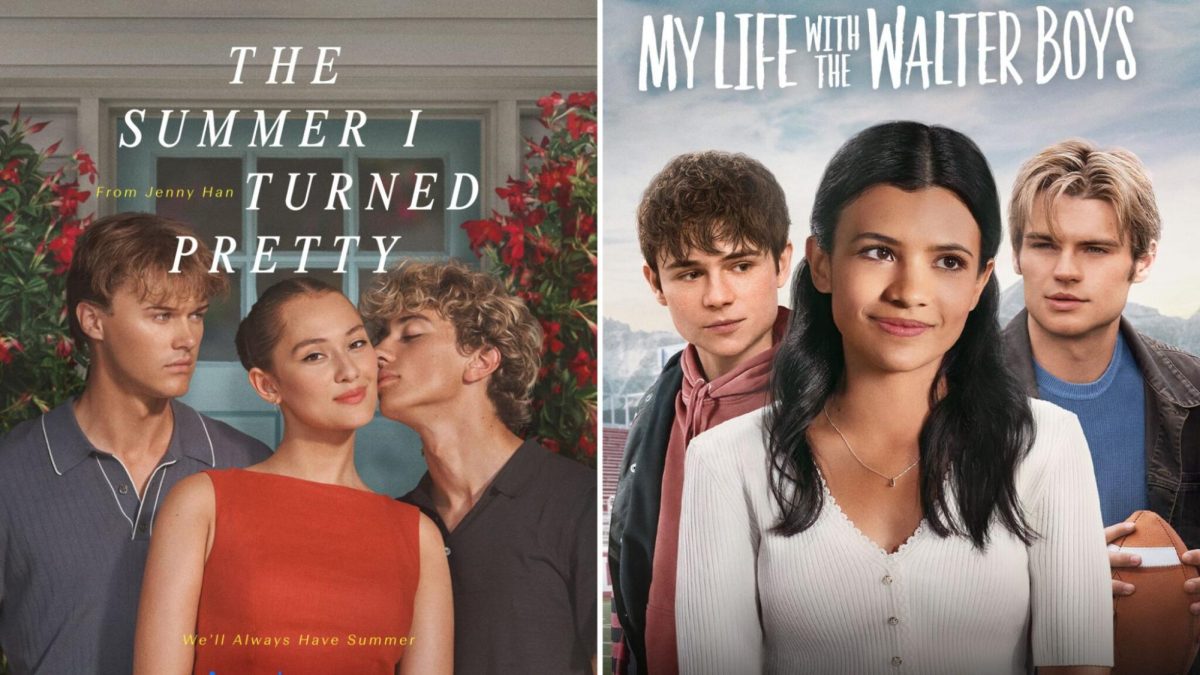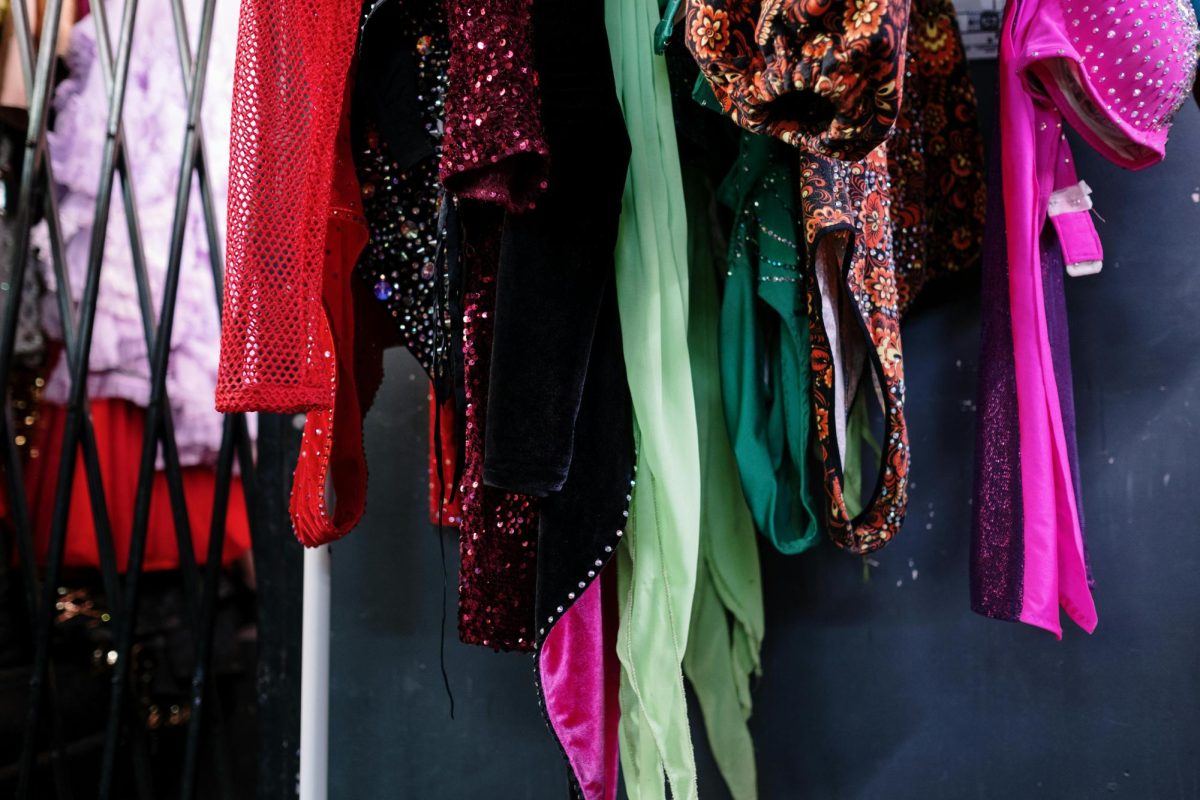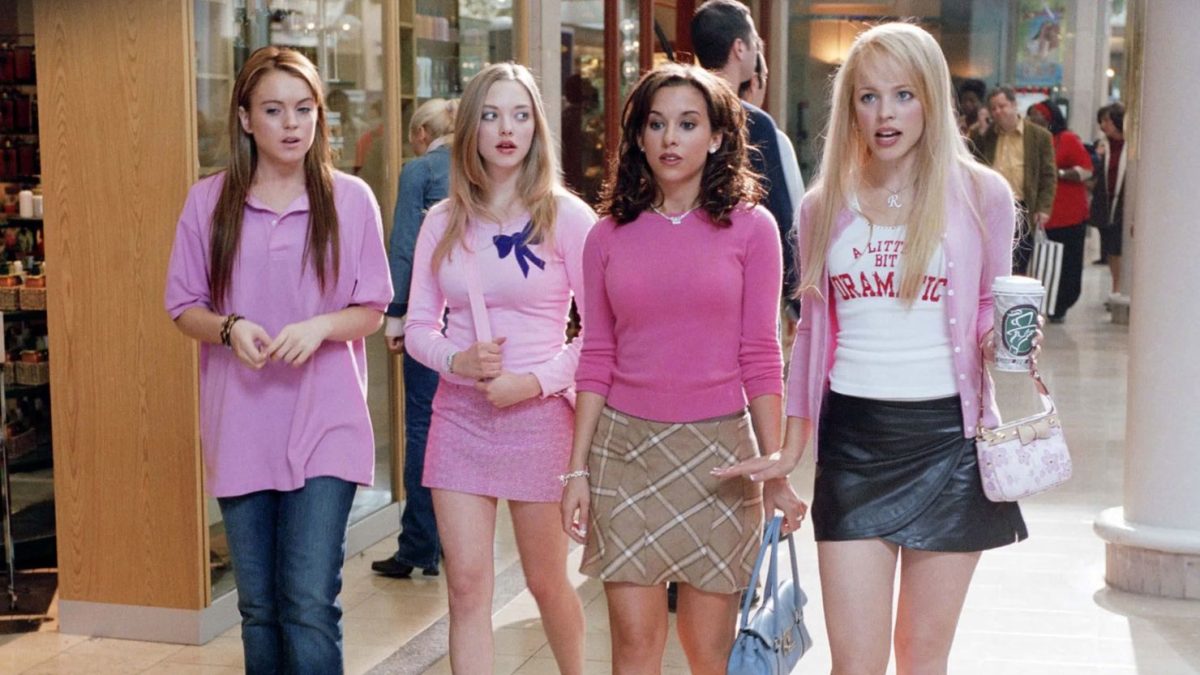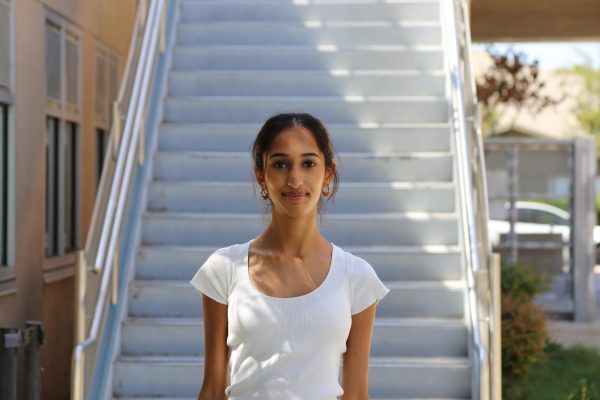From ranch houses in Colorado to Cousins Beach in the summer, one storyline keeps dominating teen dramas: the brother love triangle. Whether it is Conrad and Jeremiah in “The Summer I Turned Pretty” or Alex and Cole in “My Life With The Walter Boys,” fans cannot stop picking sides, and the shows themselves cannot stop feeding the tension. What is it about this trope that makes us so obsessed?
The brother love triangle is not new. For decades, stories have pulled audiences into the drama of sibling rivalry mixed with romance. Emily Brontë’s Wuthering Heights, a story about a toxic relationship between Catherine and Heathcliff, the two central characters, hinted at the intensity of competing passions, while more modern shows like “Twilight” and “The Vampire Diaries” turned it into a popular feature of teen romance.
This summer, the trope increased in popularity. Prime Video’s “The Summer I Turned Pretty” dropped its highly anticipated third season, while Netflix released the second season of “My Life With The Walter Boys.” Both shot to the top of their platforms’ popularity charts, proving that audiences cannot resist the plot of siblings in love with the same girl.
Part of the appeal lies in how these stories combine two universal conflicts: longing for love and loyalty to family. Unlike a standard love triangle, the stakes are doubled. Choosing one brother means breaking the other’s heart, and even potentially hurting a family bond. The higher emotional conflict keeps the story irresistible.
The psychology of the trope only increases its interest. One brother is usually reliable, while the other is often unpredictable and risky. Viewers are drawn to this conflict because it mirrors real dilemmas: comfort versus passion and stability versus excitement. The fear of making a decision that could mean losing out on happiness forever further instills the interest within this trope.
Social media has made the triangle even more powerful. Audiences split into “teams”: Team Jeremiah versus Team Conrad, Damon versus Stefan, Edward versus Jacob. Additionally, TikTok edits and Instagram posts keep storylines alive long after episodes air. Fans are not just watching the story; they are living it, turning preferences into identity and debate into community. In many cases, this online fervor keeps shows culturally relevant far beyond their release dates.
Of course, the trope has its critics. Some argue it is repetitive, relying on clichés rather than originality. Others point out how it can glamorize unhealthy dynamics or even reduce the female role to a passive role, and define her by the brother she chooses. While these concerns are fair, there are multiple reasons the brother love triangle resonates with viewers. It dramatizes feelings most teens recognize, such as indecision, longing and the fear of making a choice that cannot be undone. The extremity may be fictional, but the emotions are real.
Ultimately, the brother love triangle is about more than romance. It magnifies themes of choice, rivalry, identity and self-discovery. Viewers do not just watch to see who Belly chooses in “The Summer I Turned Pretty,” but they watch because the story reflects their own struggles, and they cannot help but wonder: what choice would they make?










